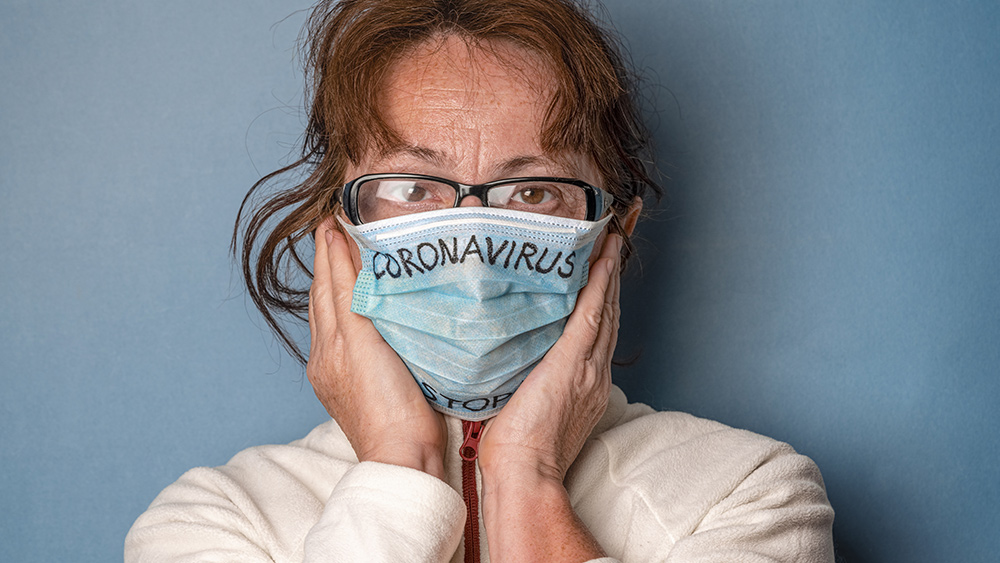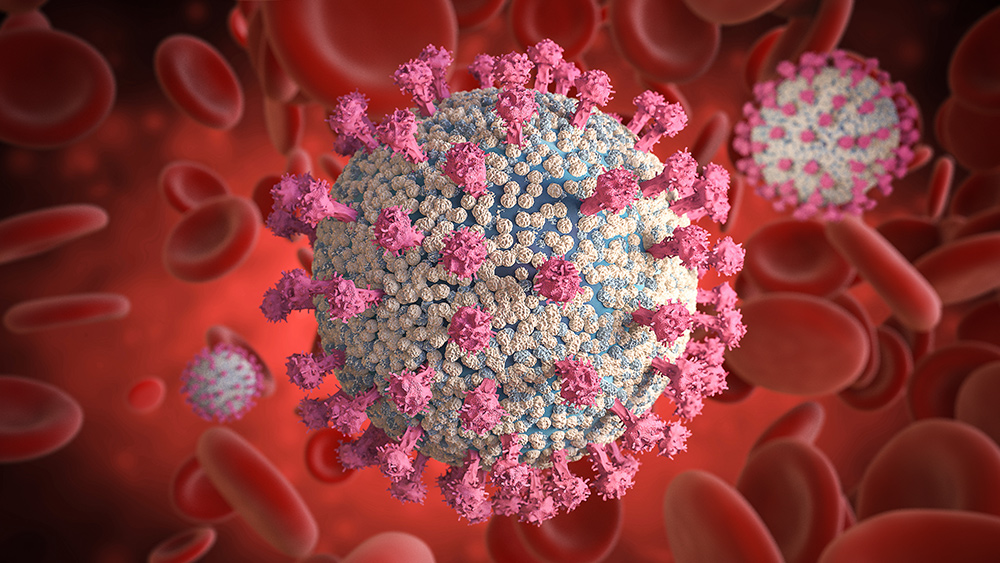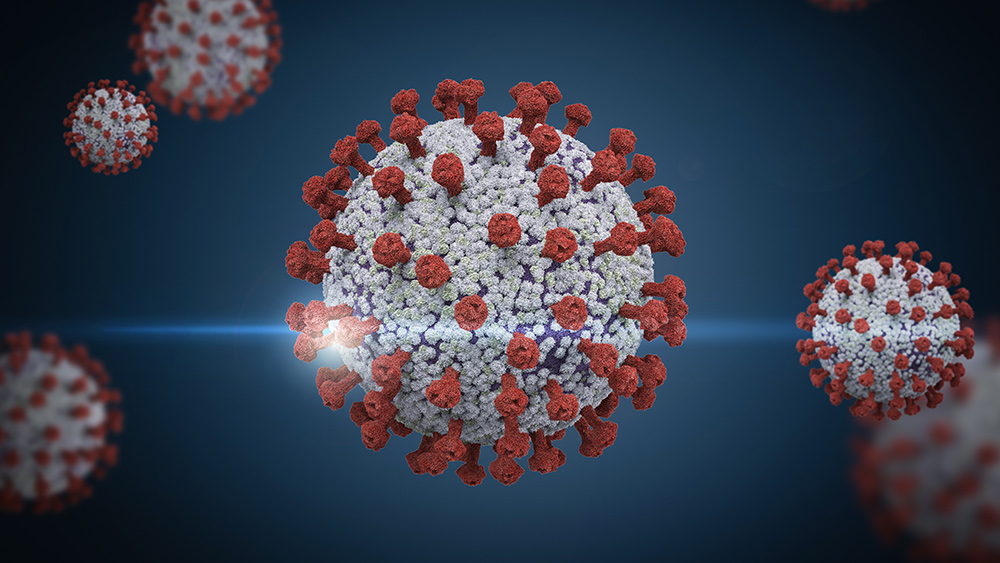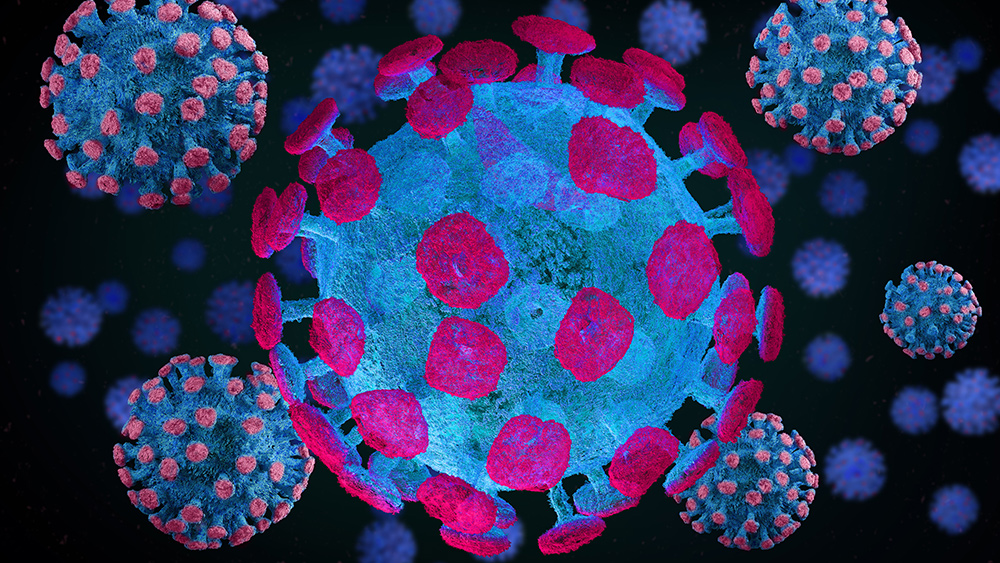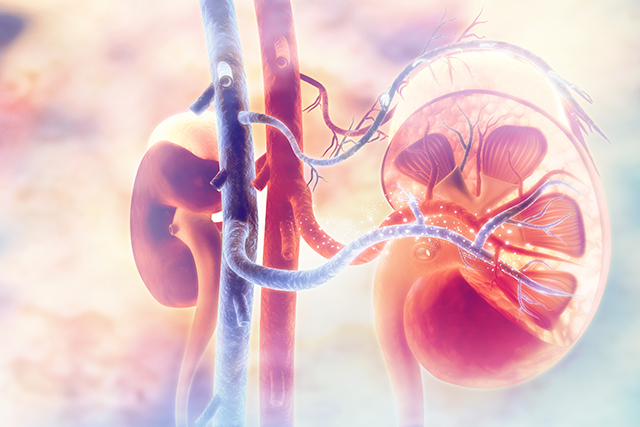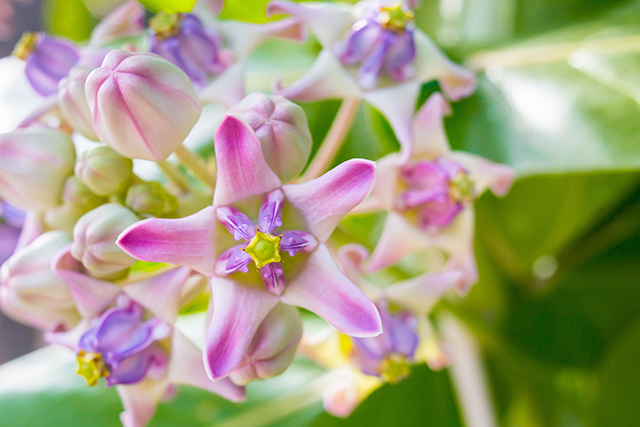Traditional Chinese medicine as a complementary treatment for mild and serious diseases
10/07/2020 / By Evangelyn Rodriguez

A recent study by researchers at the China Medical University in Taiwan and the University of Chicago discussed Traditional Chinese Medicine (TCM) and its application in the treatment of acute and critical medical conditions.
In developed nations as well as in many Eastern countries, modern medications developed in the West are routinely used for clinical treatments while traditional medicines are only used by a select few as a complement to modern medicines.
But over the years, research has shown that TCM can also be used as an effective treatment for chronic diseases, especially in cases when conventional medicines fail to produce favorable results. Many studies have also demonstrated how TCM can be useful in the management of acute and critical illnesses.
Unlike Western medicine, TCM has a holistic view of the human body and emphasizes individualization based on body balance and mind-body interactions. Some of the most frequently employed therapies in Chinese medicine are herbal medicines and different forms of acupuncture.
The researchers said that these ancient therapies have gained traction in recent years and are now widely used as a complementary medicine even in Western countries. Patients now willingly seek these natural therapies even for the management of serious medical conditions, such as SARS, heart disease and ischemic cerebral stroke.
Due to the increase in popularity of TCM, the researchers believe that well-designed controlled clinical trials are urgently needed to prove the safety and effectiveness of Chinese medicine, as well as to promote its application worldwide.
The full review was published in The American Journal of Chinese Medicine.
TCM therapies commonly used as complementary medicines
The acceptance of TCM practices has grown significantly in recent years. This is because of the health problems and side effects caused by modern medications, especially when used for long periods. TCM therapies, according to studies, not only provide relief from the adverse effects of conventional treatments, but they also work well as adjuncts and even enhance the potency of some medications. Today, different TCM practices and products are used to address health problems either alone or in combination with modern medicines. Here are three of the most commonly used TCM by patients (in no particular order):
Acupuncture
Acupuncture is an ancient technique used by Ancient Chinese healers to promote the body’s natural ability to heal. Acupuncturists use sterilized needles to stimulate specific points along the body, which is believed to help release blocked qi and return normal function to affected organs. Studies show that acupuncture also stimulates the release of endorphins, the body’s natural painkillers, and influences certain regions of the brain involved in pain processing. Because of these actions, acupuncture is commonly used to relieve pain caused by chronic conditions, such as lower back pain, osteoarthritis and carpal tunnel syndrome. Acupuncture is also a popular complementary therapy among cancer patients who are seeking relief from the adverse effects of chemotherapy.
Tai chi
Sometimes described as meditation in motion, tai chi is an ancient Chinese martial art that’s now used as a mind-body practice. This slow exercise combines circular, flowing movements, deep breathing and mental focus to promote serenity of the mind and muscle relaxation. Research shows that tai chi exercises can effectively reduce stress and improve balance and stability in older people, especially those with Parkinson’s disease. Due to its nature as a low-impact exercise, tai chi can be adapted for individuals recovering from surgery or people with disabilities who are confined to wheelchairs. Tai chi is also said to help reduce pain caused by knee osteoarthritis or fibromyalgia and improve the quality of life of patients with heart failure.
Chinese herbal products
Arguably the most extensively studied of the three, TCM herbs continue to be a subject of interest for researchers due to their abundance of useful phytonutrients. These bioactive plant components not only possess plenty of medicinal properties, but they also make great candidates for the development of safer and more effective medications. According to a national survey conducted in the U.S., one in five Americans rely on TCM herbs to treat minor and major health problems, including heart disease, stroke, mental disorders and respiratory diseases. Some TCM herbs like ginkgo biloba, ginseng and goji berries are now sold as herbal supplements to support physical, mental and emotional health.
The use of TCM as complementary medicine is not without scientific basis. In fact, a number of high-quality clinical trials have shown the TCM herbs and practices can confer lasting benefits to patients. However, as with all medicines, the effects of TCM depend not only on the body’s response to it but also on proper usage. To learn how best to utilize these natural medicines, consult with a qualified practitioner before using.
Sources include:
Tagged Under: acupuncture, alternative medicine, Chinese medicine, complementary medicine, disease treatment, herbal medicine, Herbs, natural cures, natural medicine, Naturopathy, prevention, remedies, research

